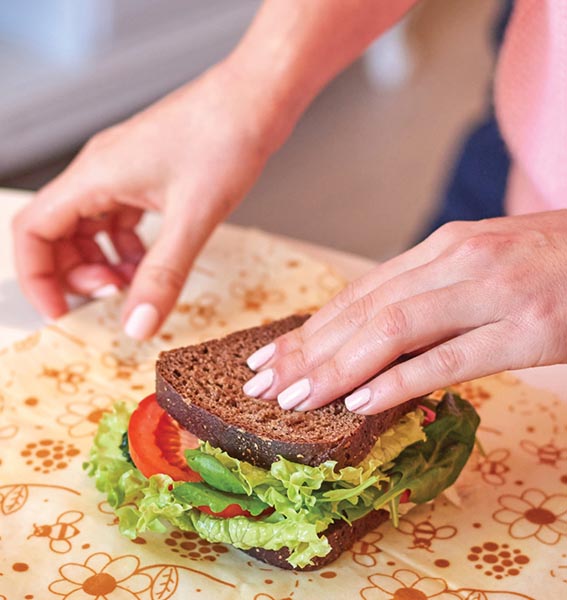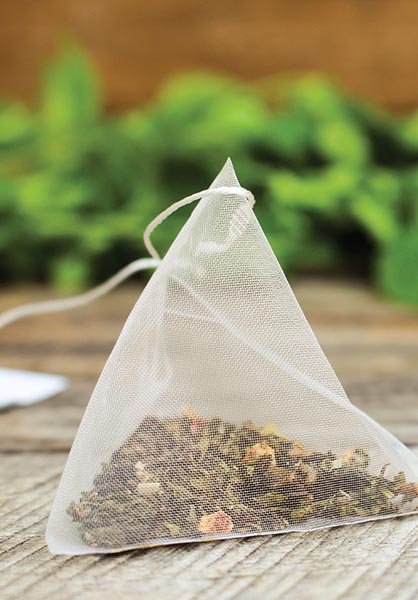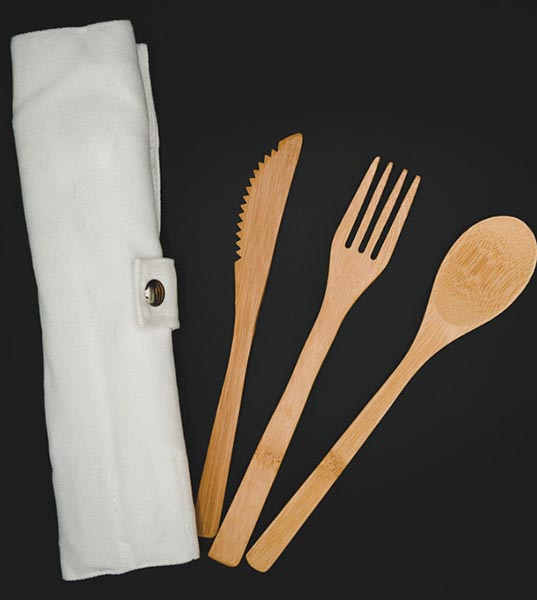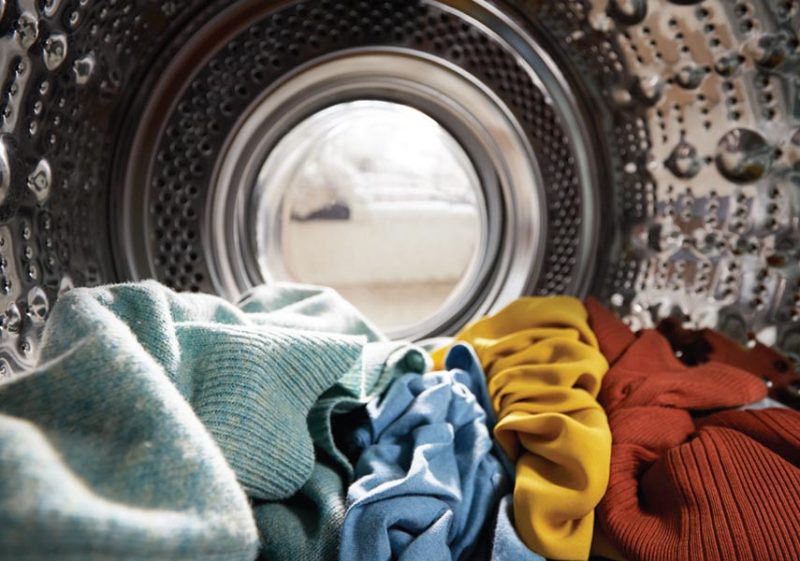Need some tips to cut back on your plastic use?

The best way to avoid microplastics—and to curb our contribution to microplastic pollution—is to use less plastic.
“You don’t need to get rid of all your plastic and buy new things,” says Sherri Mason, professor of chemistry and the sustainability coordinator at the Behrend College at Penn State Erie. “But as things break or you lose them, try to replace them with reusable items made out of more sustainable materials like glass or stainless steel.
And curbing plastic doesn’t have to mean spending money. Wash out and reuse food jars. And repurpose tote bags into grocery or produce bags (or sew your own!).
Here are some other tips to get you started.
Revamp your grocery run
- Consider reusable grocery and produce bags. Many are made of polyester or other synthetic fabrics, so look for bags made from natural fibers like cotton or hemp.
- When you can, buy in bulk and look for food that’s sold in glass or metal instead of plastic.
Smart storage

- Store food in glass jars or storage containers.
- If you buy food in plastic containers, reuse them. (Use glass for liquids or hot food.)
- Beeswax wraps can replace plastic wrap or bags.
Plastic-free steeping
When researchers steeped plastic tea bags (like the one pictured) in hot water for five minutes, each cup ended up with 11.6 billion microplastic particles.

- Teavana says that its store-bought tea bags are made out of plastic.
- Celestial Seasonings, Tazo, and Lipton say that their tea bags are mostly paper with some plastic added.
- Yogi, Numi, Traditional Medicinals, and Stash say that their tea bags are made without plastic.
- Try a metal infuser for loose-leaf tea.
Say goodbye to single-use

- Ditch the bottled water. Keep a refillable bottle on hand.
- Say no to plastic straws and utensils in takeout orders. Keep your own set of utensils with you.
- Bring your own containers for restaurant leftovers.
Conscious clothing
One study estimated that a 13-pound laundry load of polyester clothing releases nearly 500,000 microfibers.

- When replacing clothing, consider secondhand first. Aim for natural fibers, if you can.
- Wash your clothes less often. (Bonus: they’ll last longer!)
- In two studies, Environmental Enhancements’ MicroPlastics LUV-R Filter (which attaches to home washing machines) prevented roughly 75 to 80 percent of polyester microfibers from heading down the drain. (You toss the trapped particles into your trash bin.)
Photos (top to bottom): stock.adobe.com: Aleksei Potov, frimufilms, Victoria M, William, Monkey Business.




